Have you ever found yourself pondering whether your LG refrigerator could chug along happily without its water filter?
You’re not alone.
I’ve been there, staring at my fridge, wondering if I could skip the hassle and expense of replacing that filter.
Today, I’m diving deep into this very topic, answering a question that nags many of us: “Will LG Refrigerator Work Without Water Filter?”
One study highlighted the effectiveness of point-of-use water filtration systems in reducing the prevalence of diarrhea in developing countries, indicating an ongoing interest in improving water quality at the consumption point, which could extend to refrigerator water filters (sigmapubs.onlinelibrary.wiley.com).
Although this study does not directly address refrigerator water filtration, the emphasis on point-of-use systems underscores the relevance of such technologies for household applications, including refrigerators.
Will LG Refrigerator Work Without Water Filter?
Absolutely, yes! LG refrigerators are designed with a feature that allows them to operate without a water filter. This feature is a lifesaver when you’re caught without a replacement filter.
How Does It Work?
LG provides a bypass plug that you can use in place of the filter. When you remove the filter, insert the bypass plug, and voila! Your fridge’s water and ice dispenser continues to work seamlessly.
But, What’s the Catch?
Using your LG fridge without a water filter comes with considerations:
- Water Quality: The main job of the filter is to remove contaminants and particles from your water. Without it, you’re drinking straight from your tap, which might be okay in areas with high-quality tap water but not advisable elsewhere.
- Taste and Odor: Filters also improve the taste and odour of your water. Depending on your local water supply, unfiltered water might taste a bit off.
The Evolution of Refrigerator Filtration Technology
Let me take you on a journey through time, exploring how refrigerator filtration technology has transformed right before our eyes. It’s a tale that not only highlights innovation and adaptation but also showcases our relentless pursuit of healthier living and convenience.
A Brief History
I remember the days when refrigerators were just big, chilly boxes meant to keep our food from spoiling too soon. The concept of integrating a water filter? Virtually unheard of. But as we demanded more from our appliances, manufacturers listened. The evolution began from simple, charcoal-based filters to the sophisticated systems we see today.
Key Milestones in Filtration Technology
From Charcoal to Advanced Filtration
Initially, charcoal was the backbone of filtration, leveraging its natural ability to absorb impurities and odours. But we didn’t stop there.
The quest for purer water led to the development of more complex filters, incorporating materials like ion-exchange resin and activated carbon.
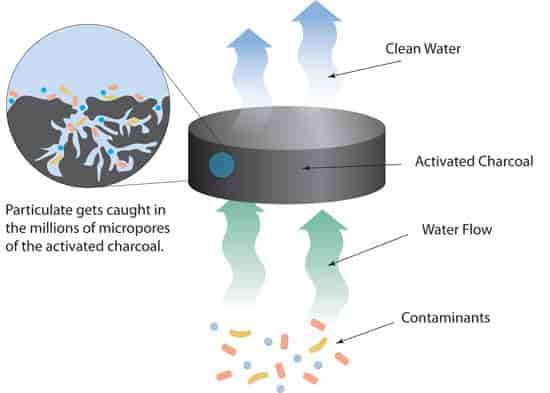
These weren’t just filters; they were guardians of our health, tackling contaminants like lead, chlorine, and even some bacteria.
Smart Filters: A Leap into the Future
The real game-changer came with the advent of smart filters. Imagine your refrigerator not just cleaning your water but also telling you when it’s time for a filter change.
LG and other leading brands have integrated this technology, making maintenance a breeze and ensuring you always have access to clean water.
The Impact of Technological Advancements
These advancements in filtration technology have done more than just improve water quality; they’ve changed how we interact with our refrigerators. We’ve moved from manual checks to receiving alerts on our smartphones. It’s convenience and peace of mind, all rolled into one.
Why This Evolution Matters to You
You might wonder, “Why should I care about the history of refrigerator filtration technology?” Well, it’s not just about having clean water (which is crucial, by the way). It’s about understanding the commitment to innovation and health that brands like LG have made. This evolution reflects a broader trend towards smarter, more efficient appliances designed to fit seamlessly into our lives.
What’s Next in Filtration Technology?
As we look to the future, the possibilities are endless. We’re talking about filters that could potentially remove even the most stubborn contaminants, like pharmaceuticals and microplastics, and systems that adapt to the specific needs of your household’s water supply.
Implications of Using an LG Refrigerator Without a Water Filter
When you ponder whether to use your LG refrigerator without a water filter, it’s like deciding to skip sunscreen on a sunny day.
You might not feel the effects immediately, but over time, the consequences can become quite apparent.
Why Consider the Filter at All?
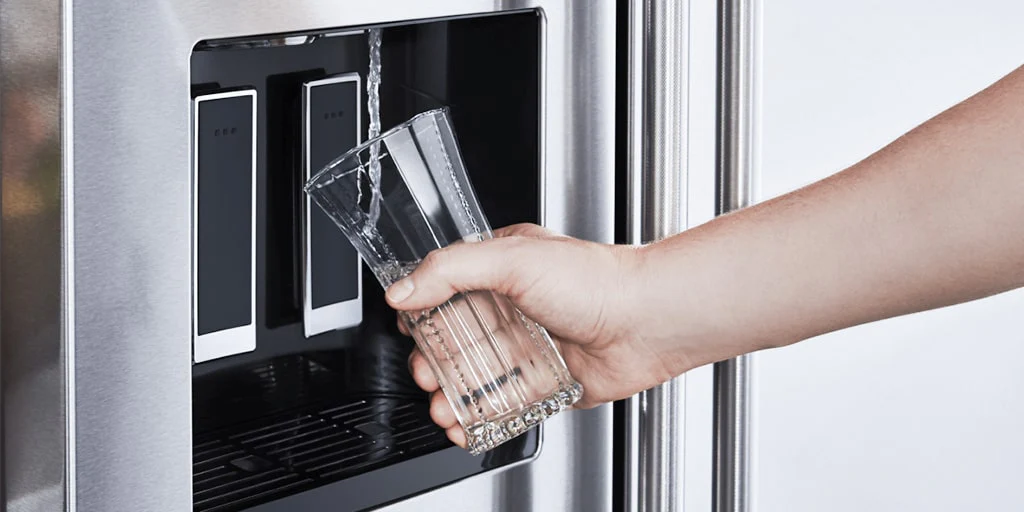
I understand the temptation. Maybe you’re trying to save a few dollars, or perhaps the hassle of replacing the filter seems unnecessary.
But let’s dive into what happens when you bypass this seemingly small component of your LG refrigerator.
Impact on Water Quality
Without a filter, the water and ice dispensed by your refrigerator can become a cocktail of whatever’s in your tap water.
- Contaminants such as chlorine, lead, and mercury could make their way into your glass.
- Taste and odour may also be compromised, leaving you with less refreshing water and ice that can affect the flavour of your beverages.
Appliance Performance and Lifespan
Running your LG refrigerator without a water filter isn’t just about water taste or potential health risks; it’s also about the machine itself.
- Mineral buildup can occur, affecting the efficiency of the ice maker and water dispenser.
- Over time, this buildup could lead to costly repairs and decrease the overall lifespan of your refrigerator.
Health Implications
While most municipal water systems meet basic safety standards, bypassing your refrigerator’s filter means you’re also skipping an additional layer of protection against:
- Bacteria
- Viruses
- Chemical pollutants
Especially for those with compromised immune systems, the risk is not worth the convenience.
Economic Considerations
You might think you’re saving money by not purchasing replacement filters but consider the long-term costs.
- Potential health issues could lead to medical expenses.
- Appliance repairs from sediment buildup are often more expensive than routine filter changes.
Making an Informed Decision
I urge you to weigh the immediate convenience against the potential long-term implications. While LG refrigerators can operate without a water filter, doing so may not be in your best interest for the reasons outlined above.
Bypassing the Water Filter in LG Refrigerators: A Step-by-Step Guide
You’ve probably wondered whether you can run your LG refrigerator without the water filter. Maybe you’re in a pinch, or perhaps you’re using pre-filtered water.
Why Consider Bypassing?
Before we jump into the how-to, let’s talk about why you might want to bypass the water filter.
For starters, if you’re using pre-filtered or bottled water, you might not need the extra filtration that your refrigerator provides.
bypassing can be a temporary solution if you’re waiting on a new filter.
Step 1: Locate Your Refrigerator Model Number
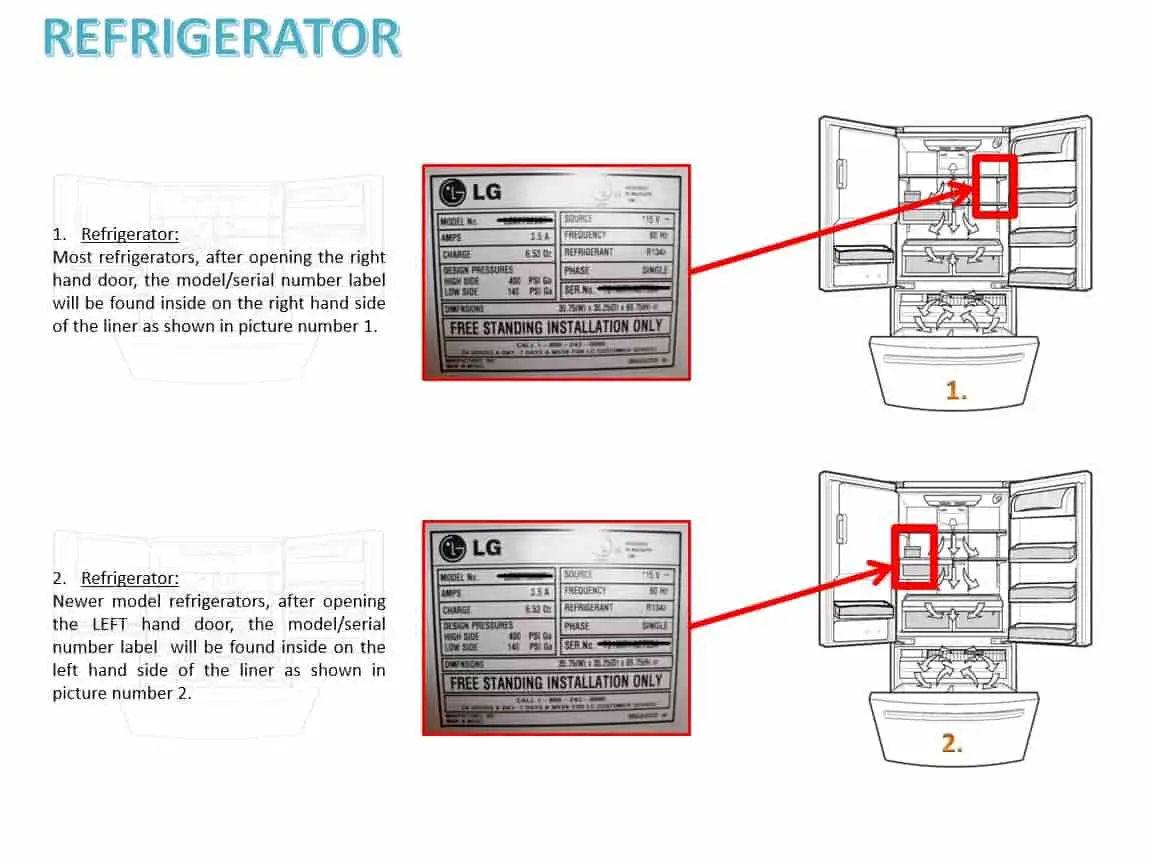
First things first, you need to find your LG refrigerator’s model number. This is crucial because the bypass plug you’ll need depends on your fridge’s model.
You’ll usually find the model number on the inside of the fridge, near the top.
Step 2: Obtain a Bypass Plug
Once you have your model number, it’s time to get a bypass plug. You can either order one directly from LG or find a compatible plug online.
Ensure the plug is designed specifically for your refrigerator model to avoid any water leaks or damage.
Step 3: Remove the Existing Water Filter
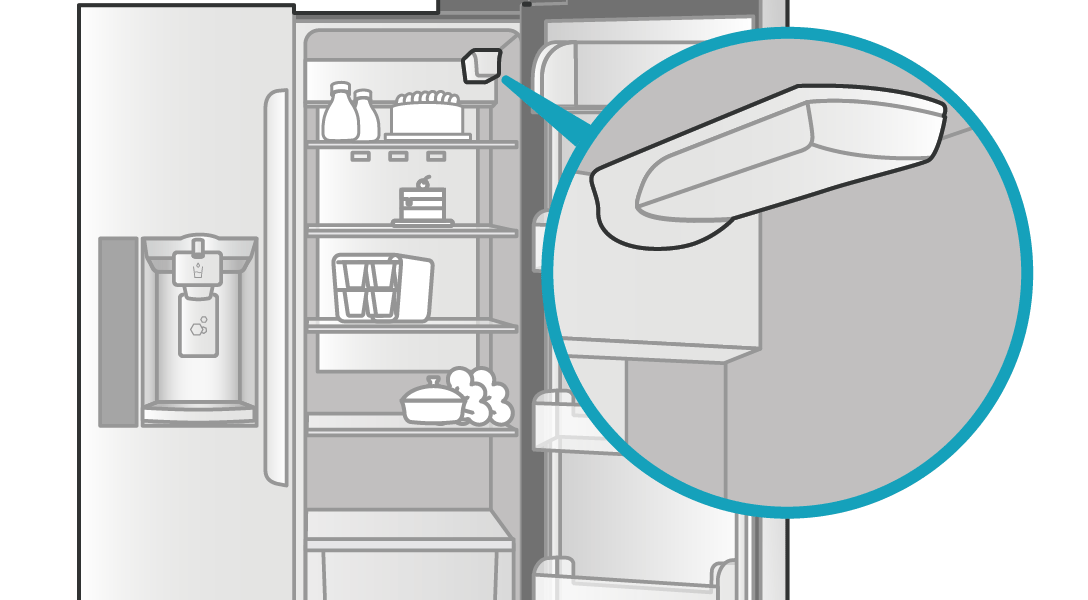
To install the bypass plug, you’ll first need to remove the current water filter.
For most LG models, the filter is located inside the fridge, either in the upper right corner or in the base grille.
Twist the filter a quarter turn counterclockwise (or push the button to release it, depending on your model) and pull it out gently.
Step 4: Install the Bypass Plug
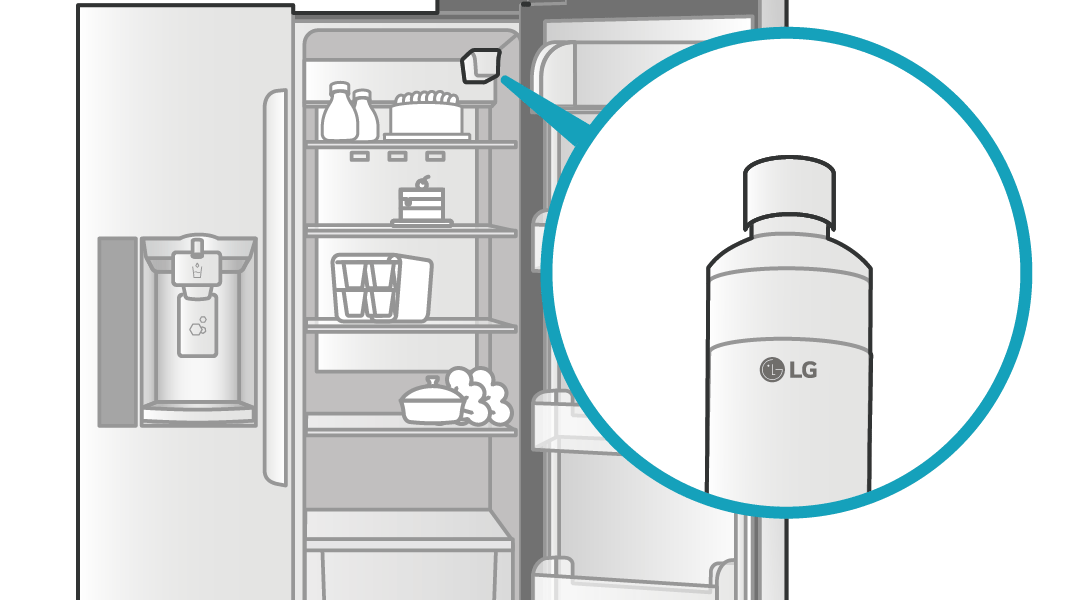
With the filter removed, it’s time to install the bypass plug. Simply insert the plug into the filter slot and twist it clockwise until it’s securely in place. If your model uses a button release system, push the plug in until it clicks.
Step 5: Flush the System
After installing the bypass plug, flush the system by running water through the dispenser for about 5 minutes. This clears out any air or debris in the lines, ensuring you get clean, clear water.
Step 6: Monitor Your Refrigerator’s Performance
It’s important to keep an eye on your refrigerator’s performance after bypassing the filter. Check for any leaks and listen for unusual noises. If everything seems normal, you’re all set!
Pros and Cons of Bypassing the Water Filter in LG Refrigerators
When you’re standing in front of your LG refrigerator, water glass in hand, you might wonder, “Do I really need that water filter?” You’re not alone in this thought. Many LG refrigerator owners contemplate whether to keep using or bypass the water filter. Let’s dive into the pros and cons, making your decision-making process a tad easier.
Pros of Bypassing the Water Filter
- Saving Money: Let’s face it, replacing water filters regularly can be pricey. By choosing to bypass the filter, you’re cutting down on recurring expenses.
- Ease of Use: No more tracking filter replacement schedules or running to the store last minute. Life gets a bit simpler.
- Reducing Waste: Every filter you don’t use is one less piece of plastic waste. It’s a small, but meaningful, nod to environmental consciousness.
Cons of Bypassing the Water Filter
- Compromised Water Safety: The primary role of a water filter is to remove contaminants and impurities, ensuring your drinking water is safe. Without it, you’re rolling the dice on water quality.
- Taste and Odor Issues: Ever noticed how filtered water just tastes better? That’s your water filter hard at work. Without it, you might find your water tasting a bit… off.
- Potential for Buildup: Water filters also play a role in protecting your refrigerator from sediment buildup. Over time, unfiltered water can lead to clogs and other issues.
- Warranty Worries: Some manufacturers might frown upon bypassing the water filter, potentially affecting your warranty coverage.
Future Trends in Refrigerator Water Filtration
As we look ahead, the future of refrigerator water filtration is as exciting as it is promising.
I want to walk you through what’s on the horizon, focusing on the innovations that are set to redefine our interaction with the humble refrigerator.
Smart Filtration Systems
Imagine your refrigerator not just reminding you to change the water filter but also telling you why.
Smart technology is making this a reality.
With integrated sensors and IoT connectivity, future refrigerators will monitor filter effectiveness in real-time, alerting you precisely when a change is needed based on water usage and quality, not just time.
Eco-friendly Solutions
As we all become more environmentally conscious, the demand for sustainable practices within our homes is rising.
Eco-friendly filters, made from renewable materials and designed to be biodegradable, are set to replace traditional plastic cartridges.
This shift not only reduces waste but also aligns with the greener lifestyles many of us are aspiring to lead.
Advanced Filtration Technologies
The quest for purer water continues, and with it, advancements in filtration technology.
Ultrafiltration membranes are becoming more common, capable of removing even the smallest contaminants from our water.
This means better tasting, safer water for you and your family, directly from your refrigerator dispenser.
Customization and Personalization
We’re moving towards a world where one size does not fit all, especially when it comes to our health.
Future refrigeration systems may offer customizable filtration options, allowing you to adjust settings based on your specific needs.
Whether it’s increasing mineral content or targeting specific contaminants, the power will be in your hands.
Integration with Home Systems
Your refrigerator is becoming a part of your home’s connected ecosystem.
Expect to see refrigerators that integrate seamlessly with home management systems, providing you with data on water quality and consumption patterns.
This not only ensures the health of your family but also helps in managing your environmental footprint more effectively.
Conclusion
I’ve taken you on a journey exploring whether LG refrigerators can function without their water filters.
We’ve dived deep into the evolution of refrigerator filtration technology, uncovering how these essential appliances have adapted over the years to provide us with safer and tastier drinking water.
The bottom line is, that while you can operate your LG refrigerator without a water filter, it’s not something I’d recommend without considering a few important factors.
The use of a bypass plug is a temporary solution, but it overlooks the core benefits of having a filtration system in place: ensuring water safety and enhancing taste.
References for Will LG Refrigerator Work Without Water Filter?
To further enrich your understanding and to provide you with resources to make informed decisions, here are some valuable links:
- LG Support: For the official stance and recommendations from LG on using refrigerators without water filters. Visit LG’s official support page.
- Water Quality Association (WQA): To understand more about water filtration standards and the importance of using certified filters. Explore the WQA website.
- Environmental Protection Agency (EPA): For insights into water quality and safety standards in the United States. Check out the EPA’s guidelines on drinking water.